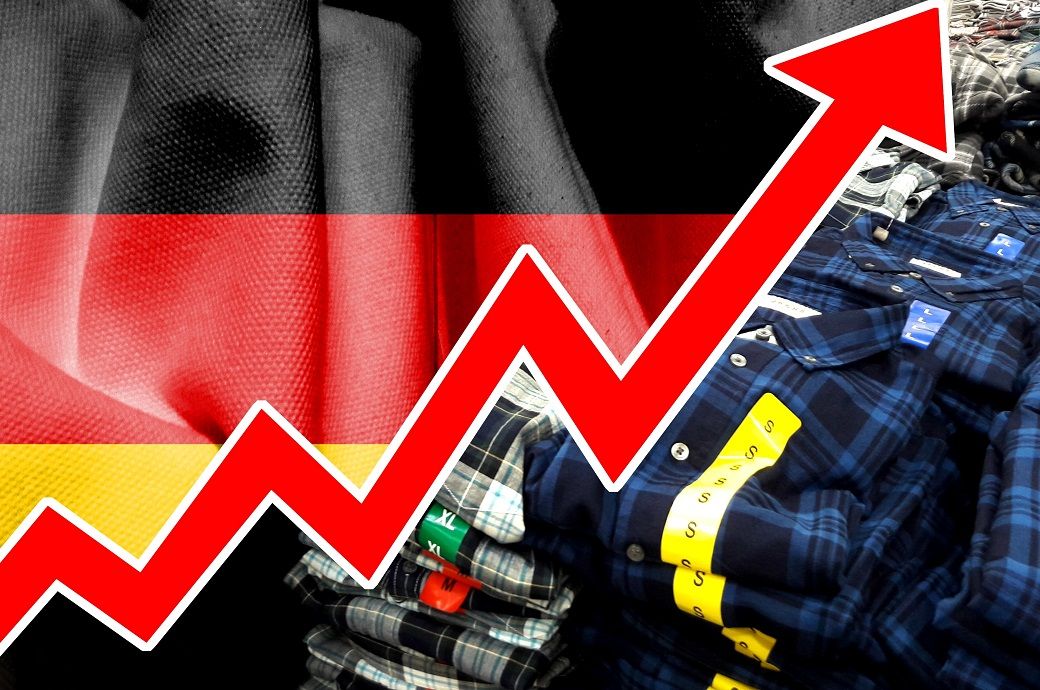
Energy product prices were 5.7 per cent higher than in July 2022, showing consecutive increases over the past three months. A particularly remarkable change is seen in electricity prices, which consumers had to pay 17.6 per cent more for in July 2023 compared to the same month in the previous year. This surge was mainly due to the abolishment of the EEG surcharge from July 2022, which resulted in the downward effect on the inflation rate ceasing to apply in July 2023.
Further data revealed that from July 2022 to July 2023, price increases were particularly pronounced for solid fuels at 12.8 per cent and natural gas at 8.5 per cent. Despite the previous year’s fuel discount, motor fuels cost less than a year earlier, at -4.9 per cent. Excluding energy prices, the inflation rate remained steady at 6.2 per cent. However, when both energy and food prices are excluded, the inflation rate was lower at 5.5 per cent. This figure, often referred to as ‘core inflation’, also highlights that inflation remains high in other product groups.
In June, the CPI excluding food and energy was slightly higher at 5.8 per cent, meaning that core inflation slowed slightly in July. In terms of goods, prices were up 7.0 per cent in July 2023 on the same month of the previous year. The price increase was most significant for non-durable consumer goods at 8.6 per cent, largely due to higher prices of food and non-alcoholic beverages at 0.9 per cent. In comparison, the prices of durable consumer goods rose by 4.5 per cent compared to July 2022.
“The rate of inflation has fallen slightly but remains at a high level,” said Ruth Brand, president of the Destatis. “Especially the development of food prices continues to have an upward effect on inflation. In addition, the increase in energy prices was again somewhat larger than in the two previous months. The abolishment of the EEG surcharge with effect from July 1, 2022, created a base effect here.”
ALCHEMPro News Desk (NB)
Receive daily prices and market insights straight to your inbox. Subscribe to AlchemPro Weekly!